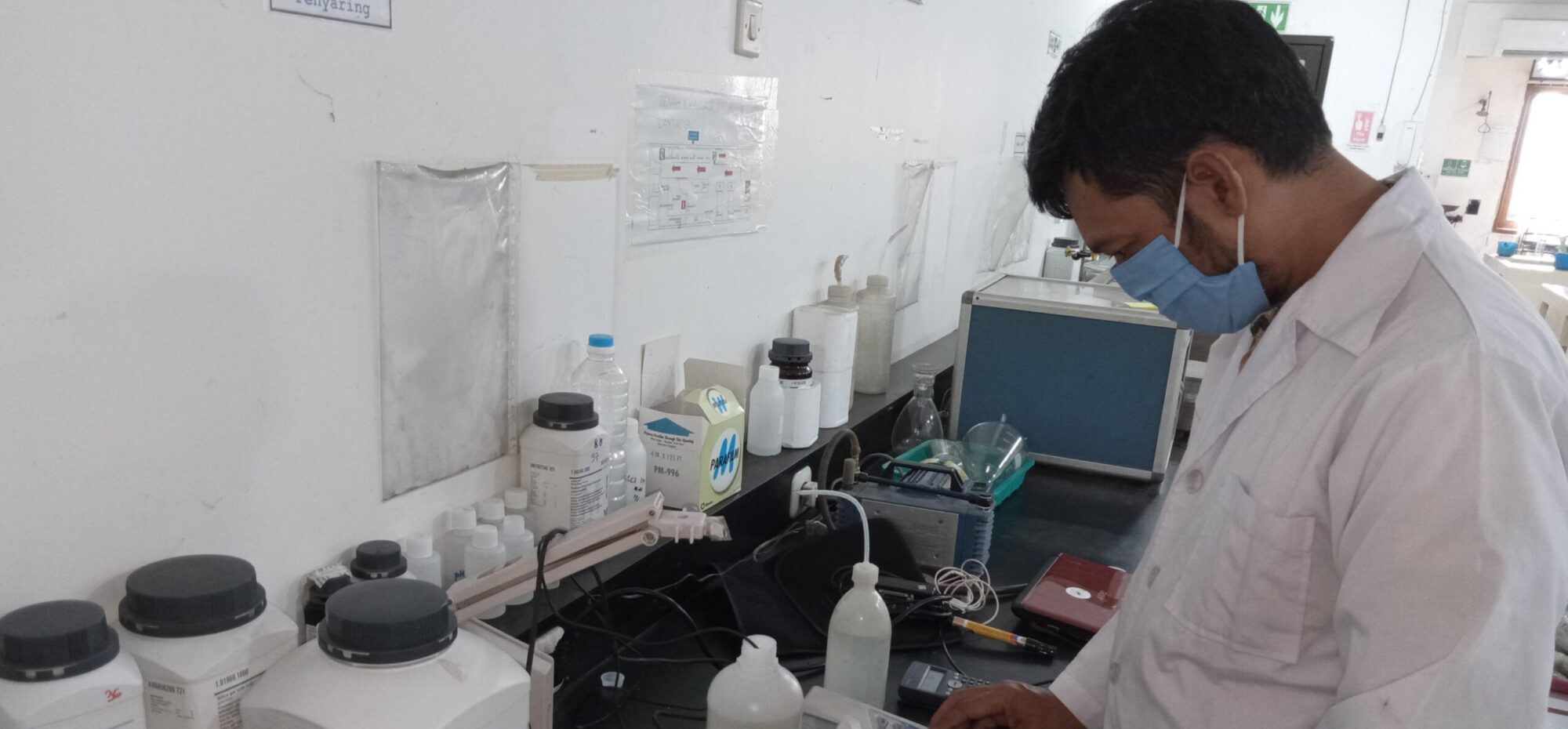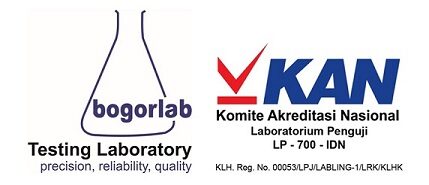Traditional nutmeg farmers in Fakfak is harvesting sunshine from their villages

FollowOct 6 · 2 min read
After installing solar panels for the drying facilities, traditional farmers in Fakfak can now manage their nutmeg harvests in a sustainable and eco-friendly manner. The solar-powered drying facilities can reduce the risk of aflatoxin contamination and improve the quality of nutmeg harvests with smaller carbon footprints.

Renewable energy is powering far-flung forest villages in Kokas District, Fakfak, West Papua. The nutmeg farmers at the villages, namely Patimburak Village and Pangwadar Village, now can harvest the sun’s energy to power the heaters and dehumidifiers at the drying facilities.
The arrival of these solar panels in these two villages can be seen as a technology farming revolution. Other nutmeg-producing villages in Fakfak, in comparison, have yet to deploy renewable energy technology for their agricultural activities.
Patimburak Village is an area so remote that it can only be accessed by boat or on foot. Moreover, the village doesn’t have a telephone signal or internet connection, access to clean water, or electricity. The only electricity local residents can enjoy is the solar-powered lamps that illuminate their streets and homes at night. These solar-powered lights are part of the government’s program aiming to electrify remote villages across Indonesia.
Previously traditional farmers in these two villages used traditional drying techniques, such as sun-drying or smoking, making the nutmeg harvests more susceptible to aflatoxin contamination. Then, the nutmeg farmers switched to a more modern drying technique, using a heater and a dehumidifier powered by generator engines.
These methods, however, have a drawback. They still produce carbon emissions. To dry the nutmeg harvests with smoke, farmers need to cut trees to get firewood.
Meanwhile, using a generator engine requires gasoline, which produces carbon emissions and results in higher operating expenses. There is another factor that makes generators more difficult to use: the engine can only function effectively in a few hours, meaning that farmers often have to wake up in the middle of the night to restart the engine.
The solar panels provided by Yayasan Inobu are expected to improve the quality of the nutmeg harvests and eventually increase the incomes of the traditional farmers in the two villages.
The solar panels, which are equipped with a battery, is estimated to power the heaters and dehumidifiers for 17 hours per day. They will also reduce the operational expenses at the post-harvest stage. Currently, the nutmeg farmer groups in the two villages are in the process of testing whether this solar panel can efficiently dry the nutmeg harvests in the upcoming harvest season in mid-October.

